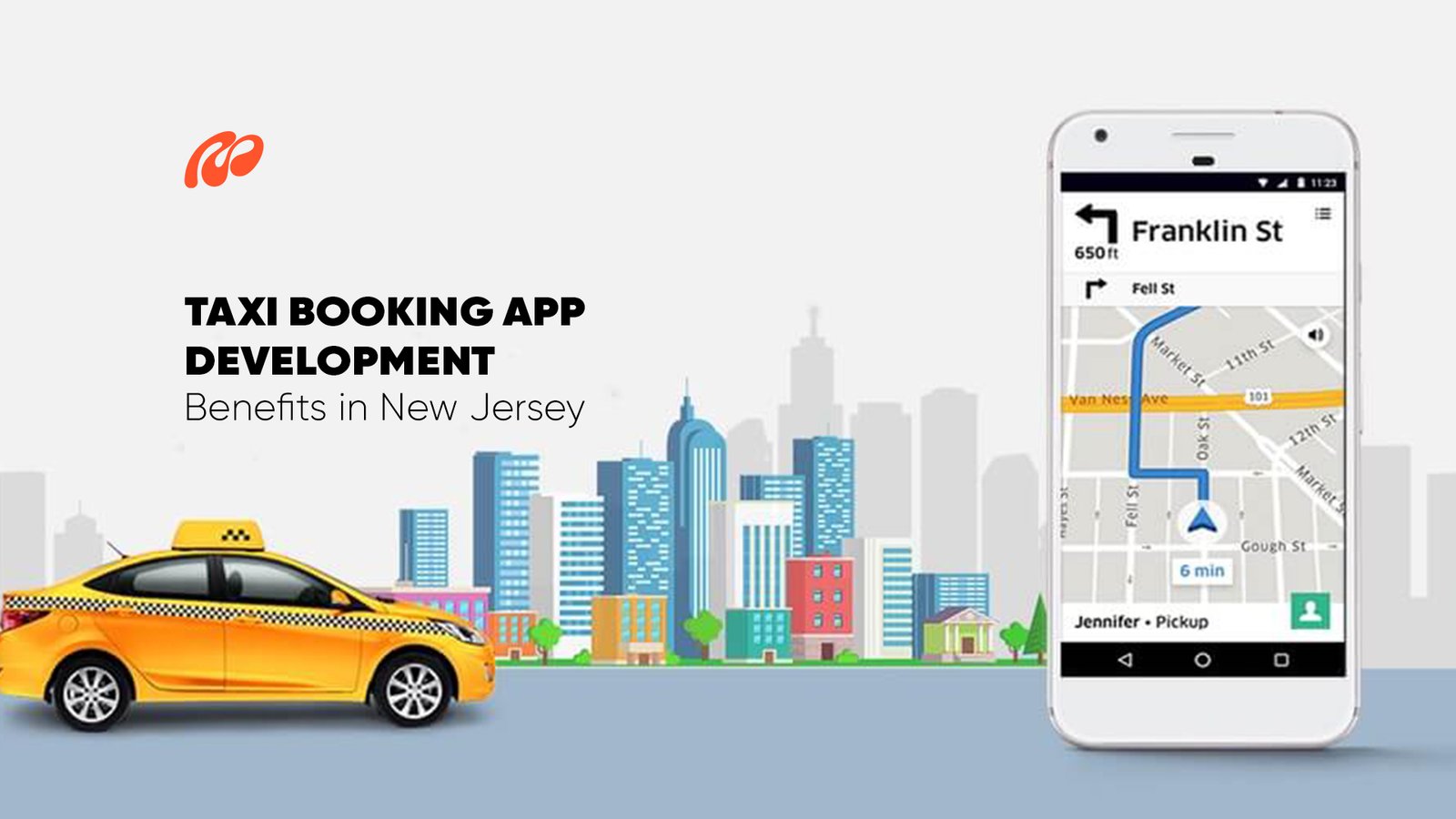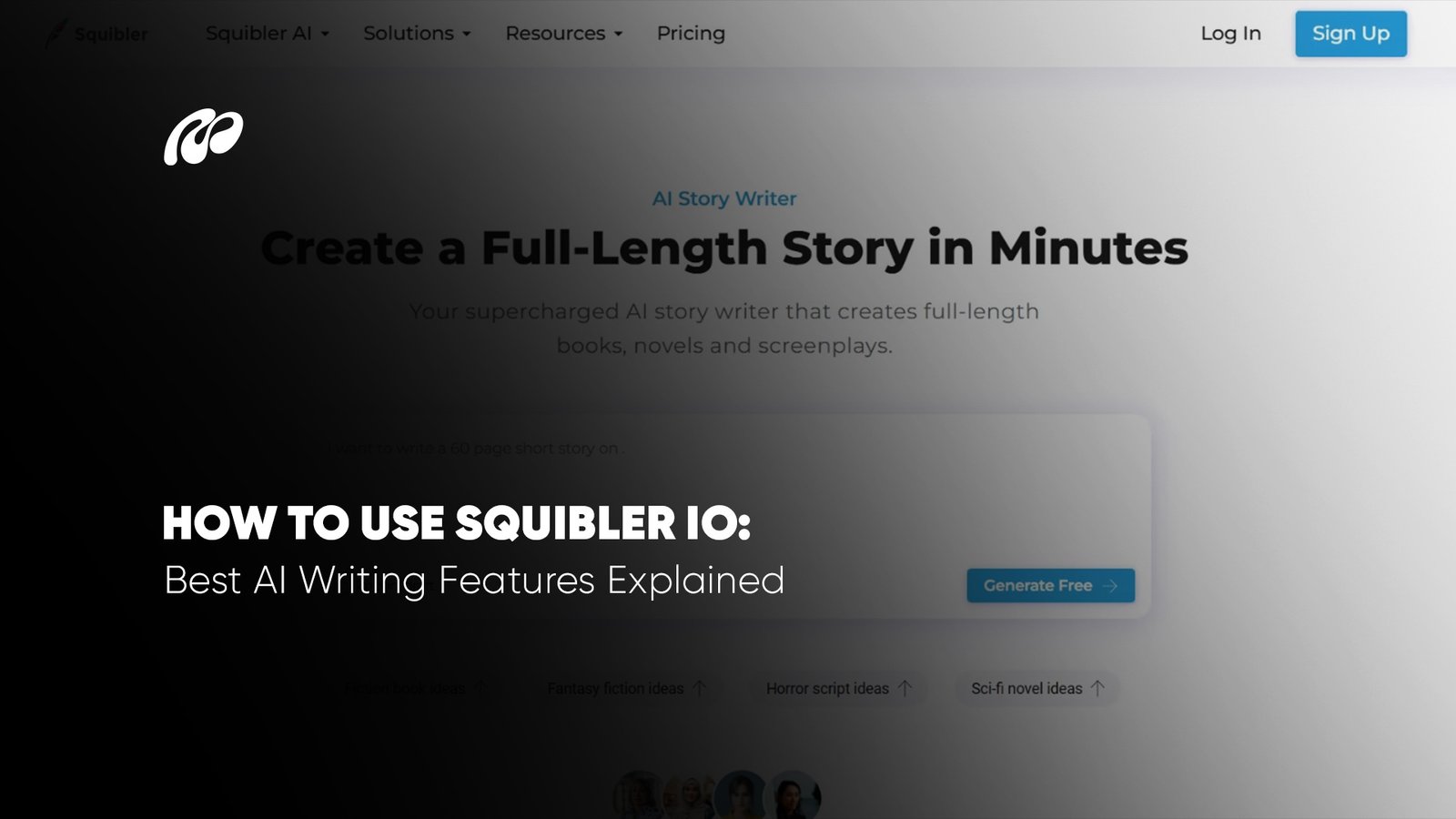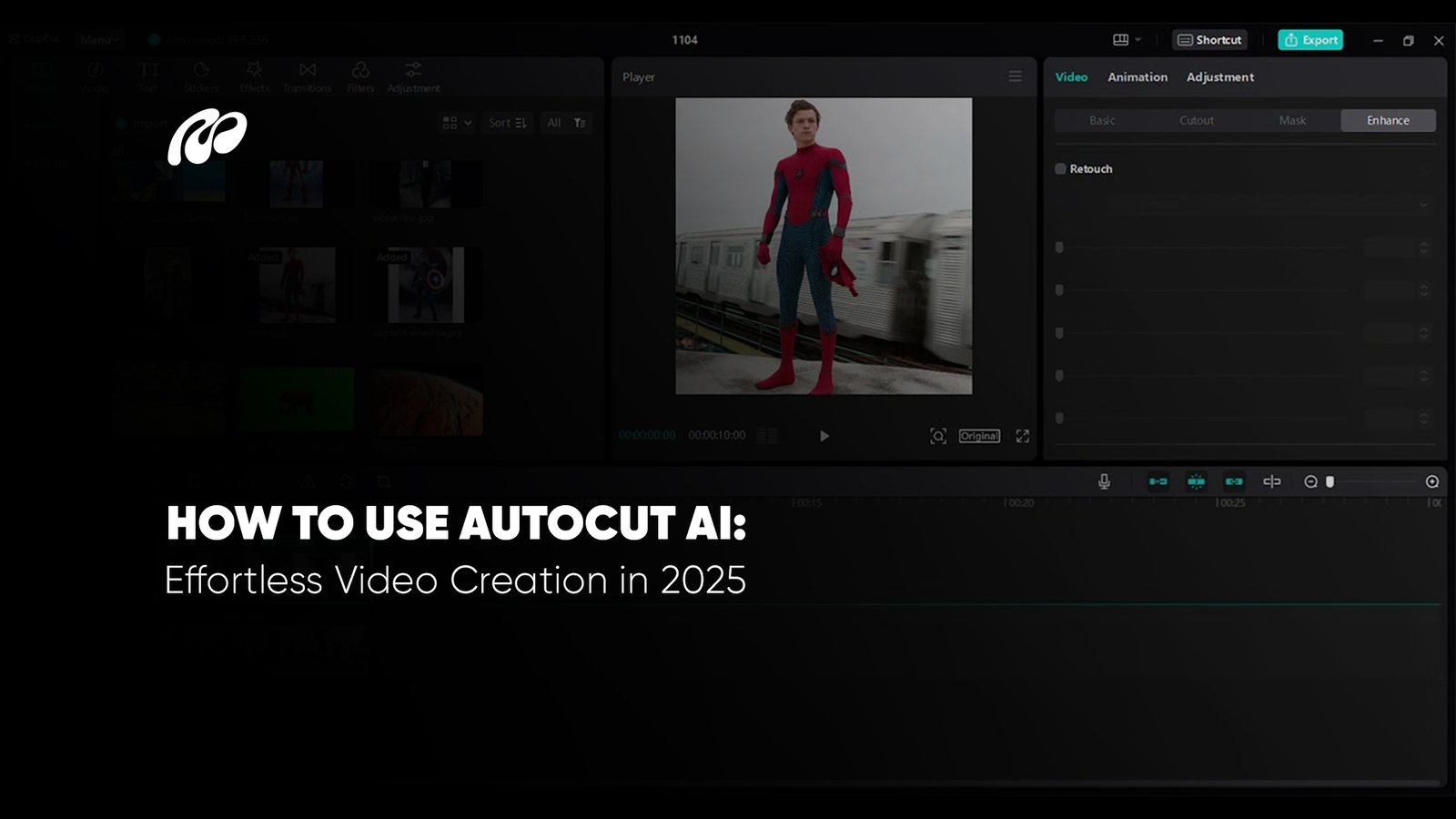Summary
- Taxi app development is helping New Jersey-based transport services become more streamlined, responsive, and accessible to users with diverse commuting needs.
- Partnering with a reliable taxi app development company ensures customized features, user-friendly design, and optimized performance customized for local demand.
- Businesses are increasingly investing in on demand taxi app development due to its ability to offer flexibility, real-time tracking, and better customer engagement.
- Various services like healthcare transportation, women-friendly cabs, and delivery vehicles are now supported through taxi booking app development.
- Choosing Uber like taxi app development helps startups mimic successful business models while adapting them to the New Jersey market.
- The taxi app development cost is offset by long-term gains in customer loyalty, operational efficiency, and return on investment.
- With advanced features and continuous demand, the future of taxi app development services in New Jersey remains promising and profitable.
Taxi app development in New Jersey is no longer just a tech upgrade; it’s becoming a vital necessity for staying competitive in the state’s fast-evolving transportation landscape. Depending on your unique business needs, the cost to create a custom taxi booking app can range between $5,000 and $40,000. With dense urban centers, sprawling suburbs, and a diverse population dependent on reliable mobility, the demand for smarter, faster, and more personalized transportation solutions has never been greater.
Developing a custom taxi booking app in New Jersey offers significant benefits for both riders and service providers. Riders enjoy real-time tracking, easy digital payments, safety features, and the convenience of booking a ride in seconds. For taxi companies, the ability to manage operations through a central dashboard, assign drivers intelligently, monitor analytics, and adjust pricing in real time leads to improved efficiency and customer satisfaction.
What makes New Jersey unique is its blend of bustling cities, commuter-heavy suburbs, and tourist destinations, all of which require agile transportation solutions. A well-built on-demand taxi app addresses these needs with location-based services, optimized routing, and instant notifications. From local errands to long-distance commutes and specialized services like airport pickups or medical transport, the flexibility of a mobile-first taxi solution can’t be overstated.
Choosing to work with a professional taxi app development company ensures that your product is not only technically sound but also aligned with local regulations and user behavior. From ensuring multi-language support to building secure payment infrastructure and GPS accuracy, a dedicated team understands how to deliver scalable, user-friendly solutions.
In a region where competition is fierce and expectations are high, investing in taxi booking app development sets businesses up for long-term growth. It boosts visibility, strengthens brand loyalty, and opens the door to new revenue models, all while delivering a smoother, safer, and smarter experience for the people who matter most: your customers.
Why Taxi App Development is Profitable in New Jersey?

New Jersey’s unique urban-suburban balance makes taxi app development not only a smart investment but also a profitable one. With commuters moving between cities like Newark, Jersey City, and Hoboken, and a growing population relying on mobile-first services, the state offers fertile ground for companies looking to scale with on-demand taxi app development. The consistent flow of business travelers, tourists, and residents creates an ever-present need for flexible, real-time transportation options that go beyond traditional street-hail taxis.
A well-structured taxi app development company can tap into this demand by offering seamless ride-booking experiences, integrated payment solutions, and geo-targeted ride availability. These apps also bring long-term financial gains by automating dispatching, improving fleet management, and reducing overhead costs, features that make them ideal for both startups and established taxi businesses.
This model finds echoes in other industries where digital transformation has improved customer engagement. For instance, the growth of restaurant app development in Dallas mirrors this pattern. Just as restaurants in high-traffic areas have boosted profitability by adopting smart order and delivery systems customized to regional demands, taxi operators in New Jersey can build similar localized services with dynamic features to stay ahead of the competition. It’s the blend of convenience, automation, and customer-centric design that drives both user retention and revenue in a service-heavy economy.
When you align regional travel habits with scalable app features, taxi booking apps become more than transportation; they become essential services. Whether it’s reducing wait times in traffic-heavy areas or providing dedicated options for airport transfers and medical rides, these apps are proving indispensable in a fast-moving state like New Jersey.
Yallo Go – The Case Study Of Redefining Mobility and Delivery:
Yallo Go is a next-generation mobile application developed by Digital Software Labs, a full-service digital agency known for delivering innovative, high-performance mobile and web solutions customized to modern business needs. Designed to simplify two critical services, transportation and food delivery, Yallo Go provides users with a seamless experience to move freely and order effortlessly within a single app.
Created with user convenience, performance, and scalability in mind, Yallo Go meets the rising demand for real-time services in the North African region. The app’s robust structure ensures reliable service delivery, while its clean and intuitive interface makes it easy for anyone to use, whether you’re booking a ride or ordering your favorite meal.
Digital Software Labs, The Innovation Behind the App:
Digital Software Labs is a full-service digital agency specializing in custom mobile app development, web solutions, UI/UX design, and enterprise-grade software engineering. With years of experience and a reputation for delivering scalable, user-driven digital products, we transform bold ideas into powerful applications.
For Yallo Go and Alger Move, our team managed the entire product lifecycle:
- Strategy & Planning: Collaborated with stakeholders to understand business goals, user pain points, and market gaps.
- Design & User Experience: Crafted a clean, intuitive interface suitable for both tech-savvy users and first-time app users.
- Custom Development: Engineered ride and food delivery modules with real-time tracking, vendor/driver dashboards, and secure payment integrations.
- Testing & Launch: Performed extensive QA, stress testing, and post-launch monitoring to ensure long-term app stability.
What sets Digital Software Labs apart is our ability to customize complex systems into simple, accessible interfaces without compromising on performance or security. We prioritize scalability, user satisfaction, and long-term business impact.
Whether you’re launching a multi-service app or scaling a regional startup, our team ensures your vision is matched with world-class execution.
Key Purpose:
- Multi-Service Ecosystem: Yallo Go merges essential services, ride-hailing, and food delivery into a single digital ecosystem with real-time tracking and in-app support.
- Optimized User Journey: From initial app launch to checkout, the interface is designed to reduce friction and deliver satisfaction at every touchpoint.
- Vendor & Driver Empowerment: The app includes dedicated portals for restaurants and drivers to manage orders, monitor activity, and enhance service quality.
What differentiates Yallo Go is its versatility. Unlike apps limited to a single function, it integrates multi-service capabilities within a unified infrastructure. Powered by secure APIs, scalable cloud architecture, and multilingual accessibility, the platform is built for long-term growth and service expansion.
Types of Taxi App Development for New Jersey
The transportation landscape of New Jersey is evolving rapidly, driven by urban sprawl, increasing population density, and growing demand for customized ride solutions. In response, various specialized taxi services are emerging, reshaping the traditional cab industry through innovation and personalization. For any forward-thinking taxi booking app development company, building category-specific apps allows them to meet these diverse needs while creating sustainable, high-performance digital products.
By addressing specific community needs, from healthcare to luxury travel, on demand taxi app development empowers businesses to reach untapped markets and differentiate themselves from generic ride-hailing services. Each type listed below represents not just a user niche, but a strategic growth opportunity for startups and enterprises looking to invest in scalable and localized taxi app development services in New Jersey.
1. Healthcare Taxi Services

Healthcare-oriented taxi apps cater to patients who require non-emergency medical transportation to hospitals, clinics, dialysis centers, and more. These apps often feature built-in options for scheduling recurring rides, booking wheelchair-accessible vehicles, and syncing with medical appointment calendars. With rising demand for senior care and outpatient services in New Jersey, this model provides reliable mobility solutions while reducing healthcare access disparities.
By ensuring that patients can get to and from treatment centers safely and on time, this segment also supports the healthcare ecosystem. For a taxi app development company, this model offers long-term client partnerships with hospitals, insurance providers, and assisted living centers. Robust security features, GPS tracking, and integration with health record systems help build trust and ensure compliance with privacy regulations.
2. Women-Friendly Taxis
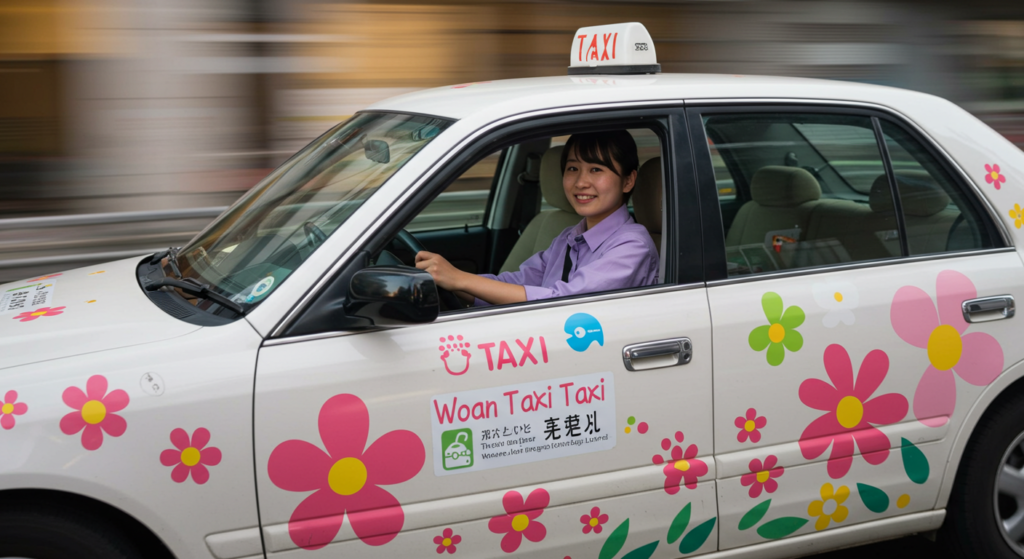
New Jersey, home to diverse communities and urban centers like Newark, has witnessed rising demand for safety-focused transportation, especially among women. Women-friendly taxi apps are built with this specific concern in mind. They feature options such as women-only drivers, ride-sharing with other verified female users, real-time route tracking, and SOS alert buttons that notify designated contacts or local authorities.
In areas where late-night travel or isolated locations may be common, these apps provide much-needed peace of mind. A taxi booking app development company that prioritizes secure user interfaces, transparent driver vetting systems, and local compliance can carve out a niche in this underserved segment. Personal safety isn’t a luxury, it’s a necessity, and apps that build this into their DNA will foster long-term loyalty and strong brand recognition.
3. Bike Taxi Services

Bike taxis have gained significant traction in high-traffic areas and congested towns where two-wheelers can outpace traditional cars. These services focus on micro-mobility and affordability, providing quick, cheap, and efficient transport for last-mile connectivity. They’re especially effective in college towns, office clusters, and densely populated neighborhoods where quick rides are in high demand.
Bike taxi apps developed by an experienced taxi app development company must offer lightweight interfaces, fast GPS updates, and pricing transparency. Given the lower operational costs compared to car-based services, startups entering this segment can scale operations quickly. For eco-conscious users and budget riders, bike taxis provide a sustainable, cost-effective travel alternative that fits perfectly with modern commuting needs in New Jersey.
4. Shuttle Transportation Services
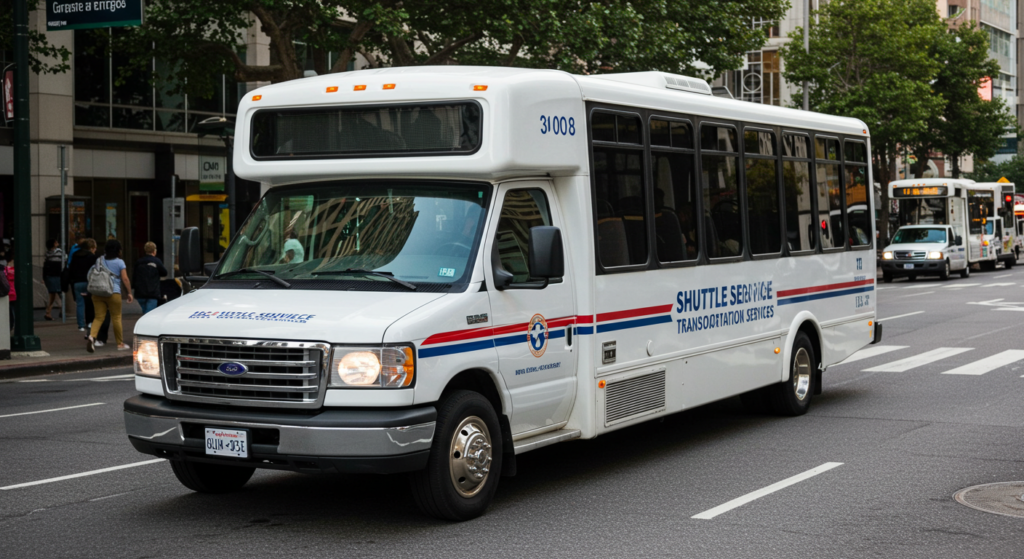
Shuttle services, whether airport transfers or shared business commutes address the need for predictable and comfortable group transportation. In business districts or suburban hubs, many professionals prefer shuttles for their affordability and scheduled operations. These apps typically include booking seats in advance, route tracking, digital passes, and group fare splitting.
For companies managing employee transport or hotels offering guest shuttles, these apps streamline logistics while cutting down on coordination overhead. A robust taxi app development service customized for shuttle operations enhances scheduling, improves fleet efficiency, and boosts customer satisfaction. In places like Jersey City or along the NJ Transit corridor, demand for reliable shuttle networks is only expected to grow.
5. Delivery Services
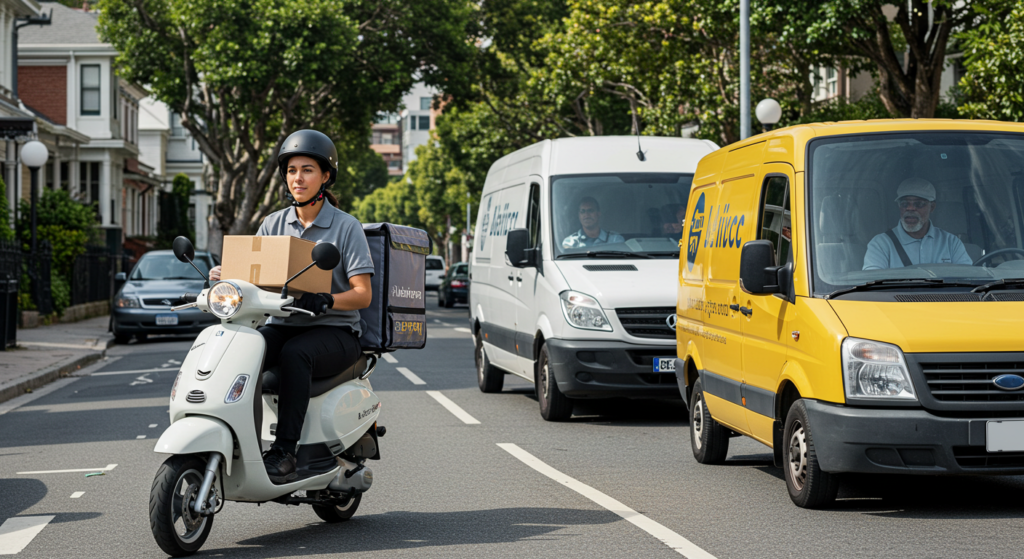
Delivery-based taxi apps are transforming the traditional cab service into multi-utility digital solutions. Whether delivering groceries, packages, medicines, or eCommerce orders, these apps provide real-time tracking, proof of delivery, and scheduling options. This model bridges the gap between logistics and personal transport, making it ideal for small businesses and local merchants.
With the rise of instant delivery expectations, on demand taxi app development that supports parcel services enables fleet operators to increase daily utilization and revenue. For businesses that already run a vehicle fleet, this expansion adds operational efficiency without significant overhead. Features like multi-stop routing and digital signature capture make delivery integration a powerful addition to modern taxi apps in New Jersey.
6. Luxury Vehicle Renting Apps

The demand for high-end travel experiences has led to the emergence of luxury vehicle apps offering premium cars, SUVs, and limousines. These services appeal to business executives, wedding parties, and tourists who want a more upscale travel experience. The app typically allows users to choose specific models, book hourly or for events, and request amenities such as chauffeurs or in-ride refreshments.
In cities like Atlantic City or Princeton, where business travelers and affluent tourists are common, taxi app development services for luxury travel can offer premium pricing and stronger margins. The user experience in this category is crucial; developers must focus on sleek UI, real-time car availability, secure payment methods, and transparent pricing to meet the expectations of this discerning clientele.
7. Commercial Transportation Apps
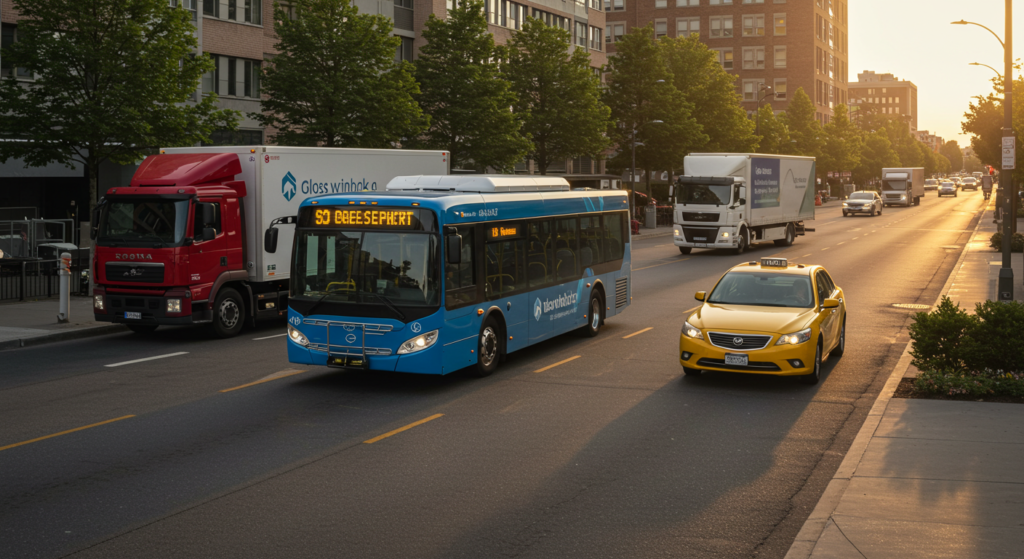
These apps are designed for businesses needing large-scale, ongoing transport for employees, goods, or operational needs. Common users include construction companies, logistics firms, manufacturing plants, and corporate offices. Features include centralized fleet management dashboards, driver performance tracking, compliance documentation uploads, and automated scheduling.
By enabling fleet owners to maintain operational visibility and reduce manual oversight, this model appeals to companies with recurring transportation needs. Developing apps with multi-user login, driver authentication, and geofencing allows a taxi app development company to serve high-volume enterprise clients. This segment, while less visible to the public, offers strong recurring revenue potential and long-term B2B relationships.
This same approach, developing highly specialized app categories, has been an effective strategy in other regions, too. Also mobile app development company in Dallas successfully segmented its service offerings across niche verticals like event management and food delivery, creating sustainable growth through customer-focused solutions. Applying a similar model to taxi app development services in New Jersey can unlock fresh demand and strong market positioning.
Features of Taxi App Development

Building a modern ride-hailing solution involves more than just connecting passengers to drivers. The success of any taxi app development process relies heavily on how well the core features are designed and implemented. Whether working with a seasoned taxi app development company or launching a new taxi booking app development venture, the right features ensure user satisfaction, security, and operational efficiency.
Each element below plays a critical role in shaping the overall performance of an app. These features are now standard across competitive taxi app development services and must be approached strategically to offer convenience, trust, and performance at scale.
Multiple Payment Options
Offering passengers multiple ways to pay, including credit/debit cards, mobile wallets, and region-specific methods, is essential for any taxi booking app development effort. Flexibility in payment not only enhances convenience but also improves the user experience by making transactions seamless. Modern on demand taxi app development projects integrate trusted gateways to ensure safe and fast payments for both riders and drivers.
These options also support recurring users, particularly for businesses offering daily commutes or scheduled rides. Whether you’re working on an uber like taxi app development concept or a niche taxi app, multiple payment options build loyalty, reduce booking abandonment, and cater to a broader demographic.
User-Friendly Interface
A user-friendly interface is key to retaining customers in today’s fast-paced mobile environment. When a taxi app is intuitive and easy to navigate, users are more likely to complete bookings without confusion. A well-thought-out UX flow minimizes the need for tutorials or assistance, helping both tech-savvy and older users engage with confidence.
When taxi app development companies prioritize design simplicity, it results in higher satisfaction rates and fewer complaints. Key interface features like one-click booking, easy map view, and real-time updates create a smooth experience, making users prefer your app over others in a crowded market.
Driver and Vehicle Details
Displaying driver profiles and vehicle information builds trust. When riders can view the driver’s name, rating, license plate, and vehicle type before entering the car, it adds a layer of security. This feature is standard in most taxi app development services and is especially important in markets where safety is a priority.
Transparency also leads to accountability. If any issue arises, both the rider and the company have access to trip records, allowing quick conflict resolution. For businesses investing in taxi booking app development, this feature helps create a transparent, community-based ecosystem that values user confidence.
Wait Time Charges
Wait time charges allow for fair billing when drivers are delayed or kept waiting beyond a threshold. This encourages punctuality from passengers while ensuring that drivers are compensated for their time. For those focusing on on demand taxi app development, this system maintains a balance between service efficiency and user satisfaction.
A dynamic pricing model that includes wait time helps prevent misuse and optimizes availability during peak hours. Most taxi booking app development companies implement automated billing triggers, so passengers can review these costs clearly before confirming the trip fare.
Geo-Location and Live Tracking
Real-time location tracking is a fundamental component of any taxi app development project. This feature allows riders to monitor their driver’s movement, track estimated time of arrival, and share ride status with others. With live GPS data, your app becomes more dependable and responsive.
For businesses, it also means optimized route suggestions, reduced fuel costs, and better traffic management. Whether you’re working with a taxi app development company or building from scratch, location-based features ensure safety, speed, and better user engagement across the board.
In-App Messaging and Communication
A built-in messaging system bridges the gap between riders and drivers. Whether it’s a quick confirmation of pickup location or a change in drop-off address, users feel more connected and informed. Taxi app development services often embed this feature for both text and call functionality, directly within the app.
Additionally, the privacy factor is critical. Instead of exposing personal phone numbers, the in-app communication allows secure, app-monitored conversations. In turn, this prevents misuse and encourages responsible communication between both parties.
Security-Related Features
Security features like SOS alerts, trip-sharing, and facial recognition authentication provide peace of mind for users. These additions are crucial in uber like taxi app development projects that want to appeal to a broad user base, including women and night-time travelers.
Security is not only a user expectation but also a regulatory requirement in many areas. Any responsible taxi app development company must implement thorough background checks for drivers and maintain end-to-end encrypted data, ensuring the app meets both legal and ethical standards.
Ride History and Trip Receipts
Having access to previous trips helps users manage their ride patterns and personal or business expenses. The app can display past rides with time, route, driver name, and payment amount, offering a reliable history that’s easy to track.
From a development perspective, this feature enhances customer service by allowing support teams to investigate complaints or lost-item reports. Most taxi app development services now include this functionality by default, knowing how crucial transparency and trip documentation have become in customer relations.
The Future of Taxi Booking Apps
The trajectory of taxi app development in New Jersey is on an upward curve, shaped by evolving customer expectations, emerging technologies, and increasing reliance on digital mobility solutions. The future will see greater personalization, automation, and smarter features driven by AI and machine learning. From predictive ETA to demand-based pricing and eco-conscious routing, the next generation of taxi booking app development is about enhancing experience and efficiency, not just functionality.
What’s emerging in related sectors also paints a clear picture of what’s next. The Mattrics blogs has covered trends in mobile app development that show an increased push toward on-demand convenience, data-backed personalization, and tighter integration with real-time services. These shifts indicate that companies investing in taxi app development services now need to stay nimble, designing systems that are scalable, adaptable, and ready for hybrid models that blend ride-sharing, package delivery, and autonomous operations. The future of on demand taxi app development isn’t just about rides, it’s about reshaping how urban movement is defined.
Importance of Choosing the Right Taxi App Development Company in New Jersey

Choosing the right taxi app development company in New Jersey is not just a technical decision; it’s a strategic move that can directly impact your long-term business success. With urban centers like Newark, Jersey City, and Hoboken demanding real-time ride solutions, your app must go beyond basic functionality. The right taxi booking app development company will understand local transportation behaviors, infrastructure limitations, and user expectations, delivering an app that feels custom-built for the market. From designing a seamless user interface to implementing real-time geo-tracking and instant fare calculation, a skilled team brings both technical depth and industry-specific experience to the table. This results in a smoother launch, fewer bugs, and a better user retention rate.
Moreover, an experienced taxi app development partner ensures your project includes future-proof architecture and robust backend support. Whether your goal is to compete directly with established players or to target niche segments like airport shuttles, medical rides, or women-only taxis, the right development team can offer customized taxi app development services that align with your vision. A well-executed app minimizes ongoing costs, enhances brand trust, and ultimately drives higher profitability. It’s not just about building an app; it’s about building the right app with the right experts who understand the New Jersey market inside out. Choosing wisely also means potentially lowering your taxi app development cost while improving long-term return on investment.
Reasons to Invest in Taxi App Development
Increased Visibility
Investing in taxi app development gives your business a powerful digital presence, enabling passengers to easily find and book rides through their smartphones. With more commuters in New Jersey turning to mobile apps for daily transportation, launching a dedicated app increases your brand’s reach and customer recall. A feature-rich app built by a reputable taxi app development company ensures your services are available around the clock, which naturally leads to more bookings and better customer engagement. This increased accessibility contributes to a stronger competitive edge in the growing transportation market.
Higher ROI
A well-developed taxi booking app development solution drives greater profitability by optimizing operational costs and reducing manual intervention. Automated ride matching, digital payments, and real-time location tracking contribute to smoother workflows. With fewer overheads and enhanced user experience, companies often see improved customer retention and repeat usage, leading to a significantly higher ROI. Partnering with the right taxi booking app development company ensures your investment results in a stable, scalable solution that pays off over time.
Technical Benefits
Custom taxi app development services allow businesses to implement advanced features like live tracking, dynamic pricing, route optimization, and driver analytics. These technical enhancements not only improve operational efficiency but also support long-term scalability. A reliable app backed by a strong infrastructure reduces the risk of downtimes, errors, or customer dissatisfaction. Whether you’re building an uber like taxi app development or a niche ride-hailing app, these technical benefits offer a long-term foundation for growth.
Financial Benefits
From automated fare calculation to secure digital payments, on demand taxi app development reduces financial leakages and minimizes billing errors. It also allows for better resource allocation through data-driven insights. By investing in custom app solutions, companies can eliminate the need for third-party aggregators and retain more revenue. Additionally, since the taxi app development cost can be optimized through local development teams and modular architecture, even startups can launch with limited capital and grow steadily.
FAQs:
Yes, taxi booking app development is highly profitable, especially in high-demand regions like New Jersey. With an increasing number of people relying on ride-hailing apps for daily transportation, investing in taxi app development allows businesses to tap into a steady revenue stream. By partnering with a skilled taxi app development company, you can ensure the app includes revenue-generating features like surge pricing, in-app ads, and driver commissions, making the model financially sustainable and scalable.
The taxi app development cost varies based on complexity, features, and the development team’s experience. Basic versions may range from a few thousand dollars, while more advanced uber like taxi app development solutions can cost significantly more due to backend infrastructure, GPS tracking, payment integration, and driver management panels. Choosing the right taxi booking app development company helps ensure you balance affordability with quality, avoiding long-term tech debt.
New Jersey presents a ripe market for taxi booking app development due to its dense population, active urban centers, and limited public transportation in some areas. Key benefits include improved customer convenience, real-time tracking, and increased service availability. Through on demand taxi app development, businesses can address niche markets, such as senior transport or late-night rides, while expanding their reach and boosting customer loyalty across the state.
Conclusion
Taxi app development continues to redefine transportation businesses across New Jersey. Whether you are launching a new service or optimizing an existing one, a well-structured taxi booking app can elevate your brand’s visibility and deliver measurable growth. From improved customer convenience to streamlined driver management, each function contributes to smoother operations and better user retention. By working with an experienced taxi app development company, businesses can ensure their app aligns with market needs while maintaining flexibility for future upgrades.
When evaluating your long-term strategy, it’s essential to connect development with business outcomes. That’s where companies like Mattrics play an important role. Their focus on advanced mobile development aligns with the evolving needs of startups and enterprises alike, offering not just coding expertise but product direction that caters to real-world demand. By combining thoughtful app architecture with scalable backend support, businesses secure a stronger footing in competitive markets like New Jersey.

